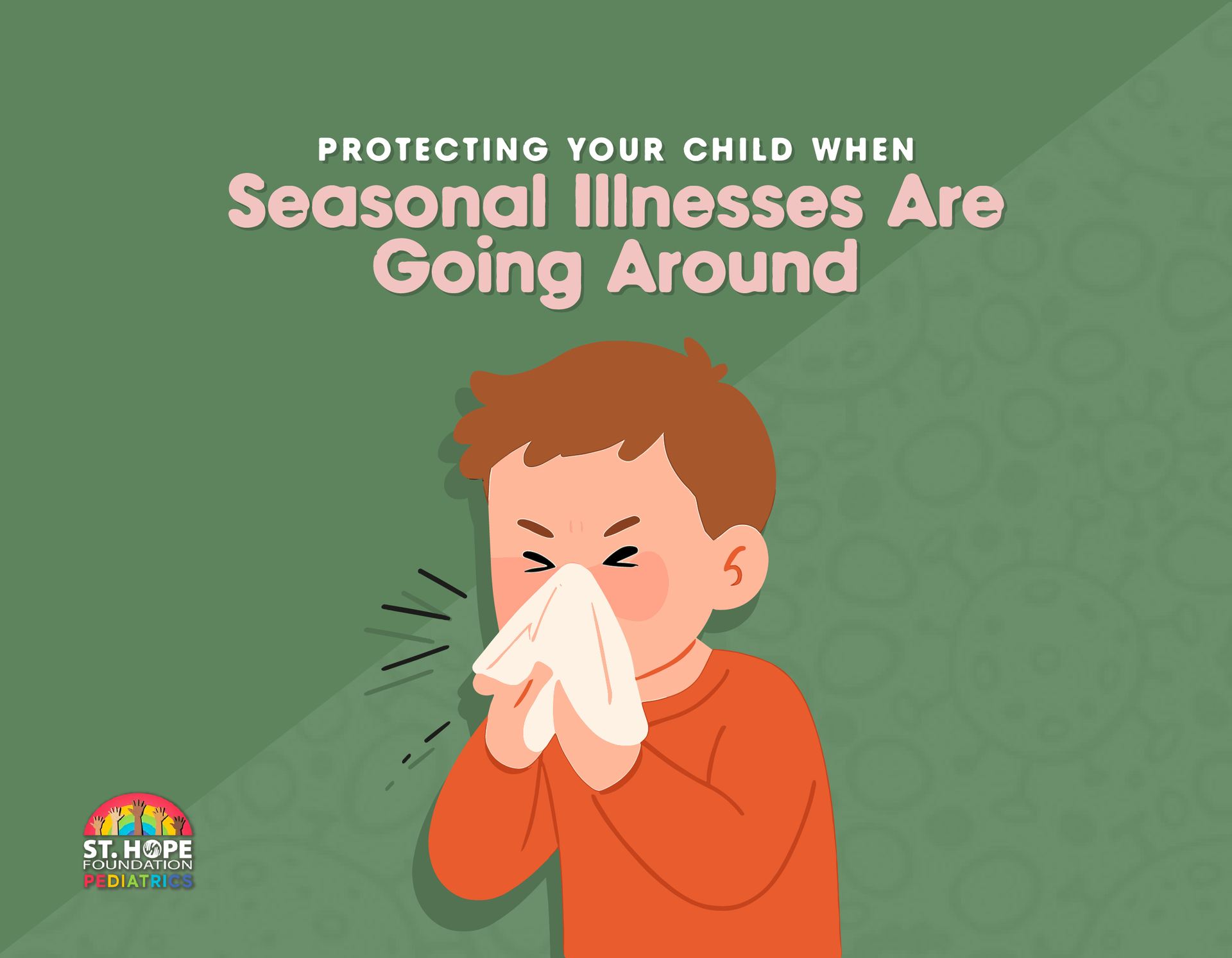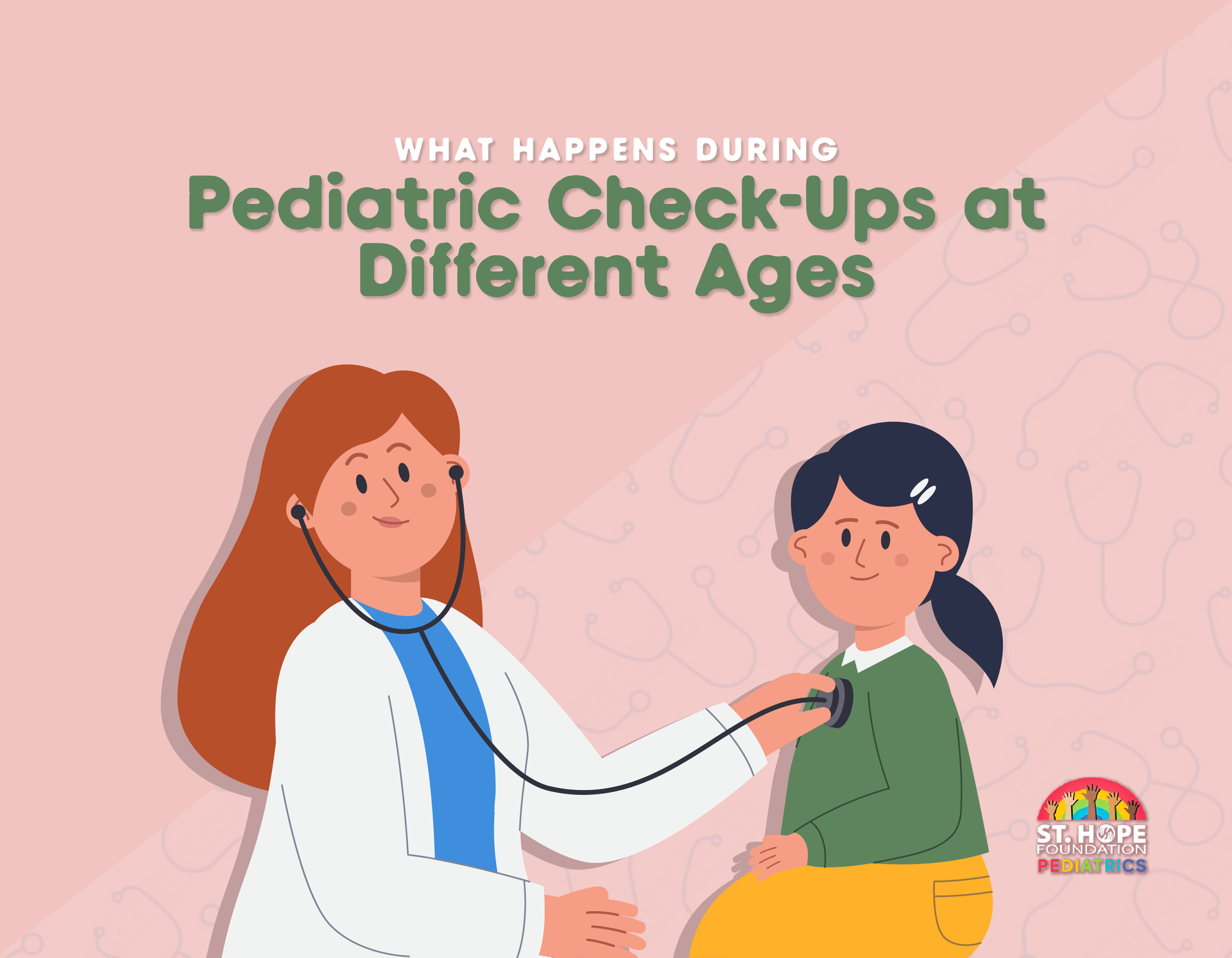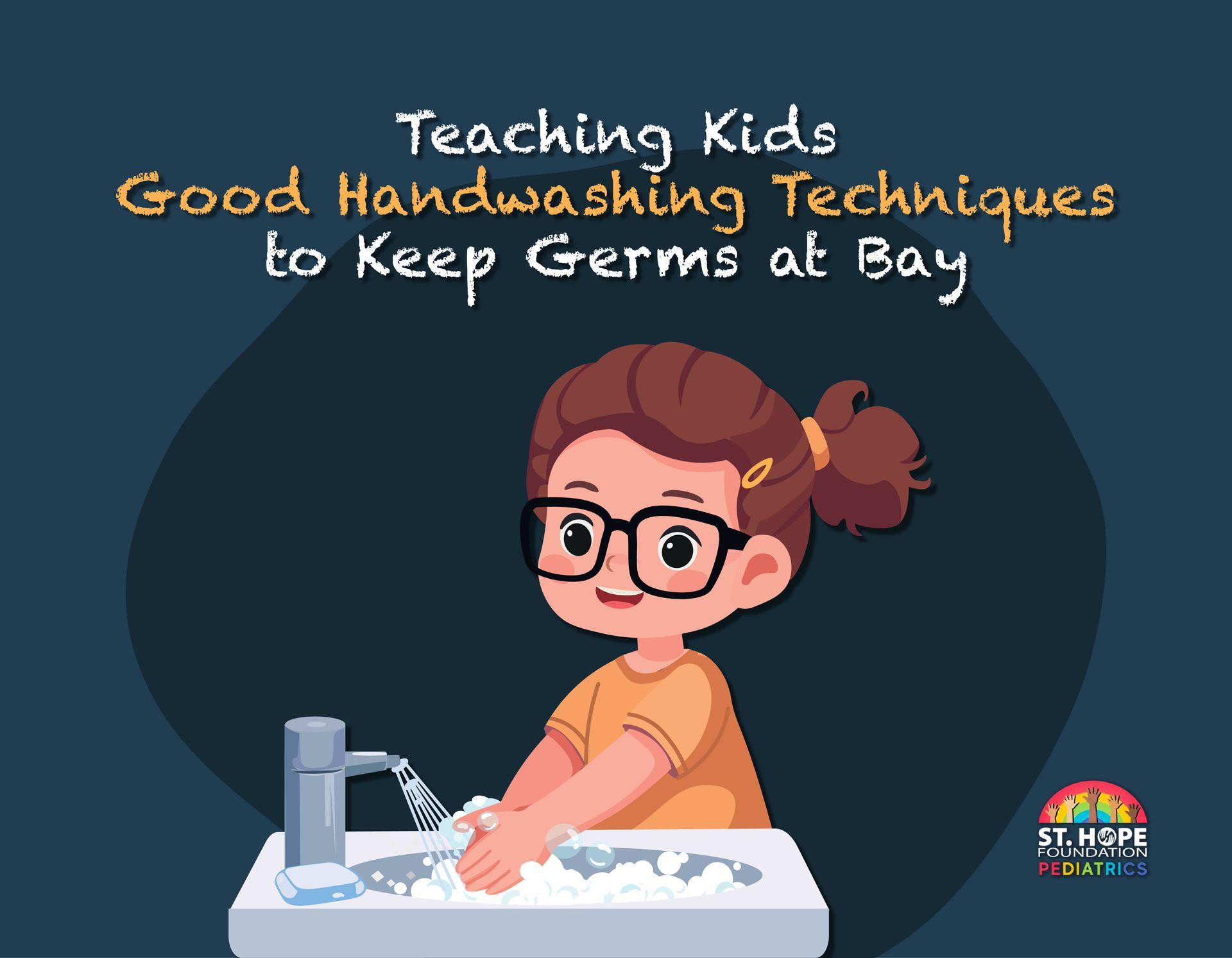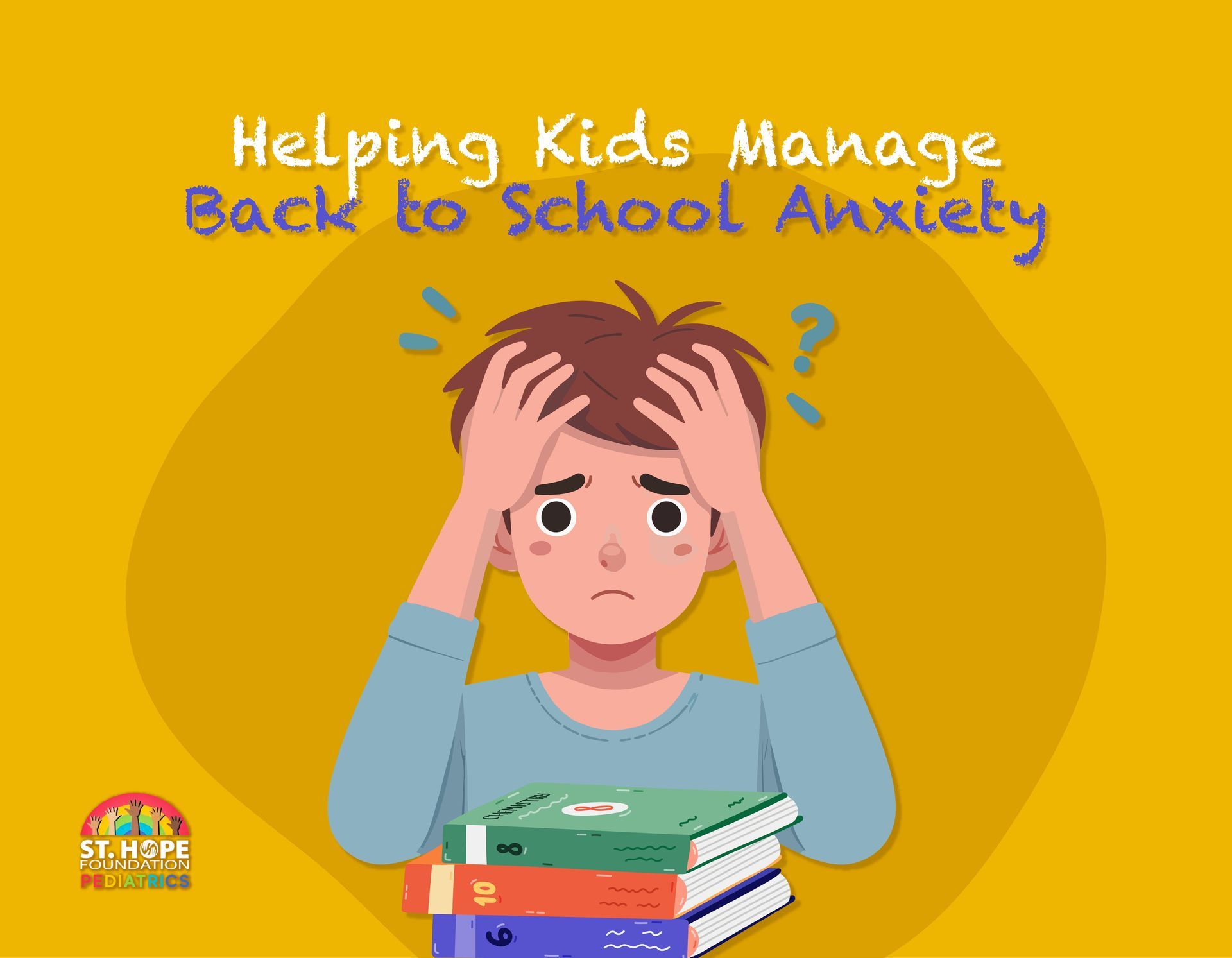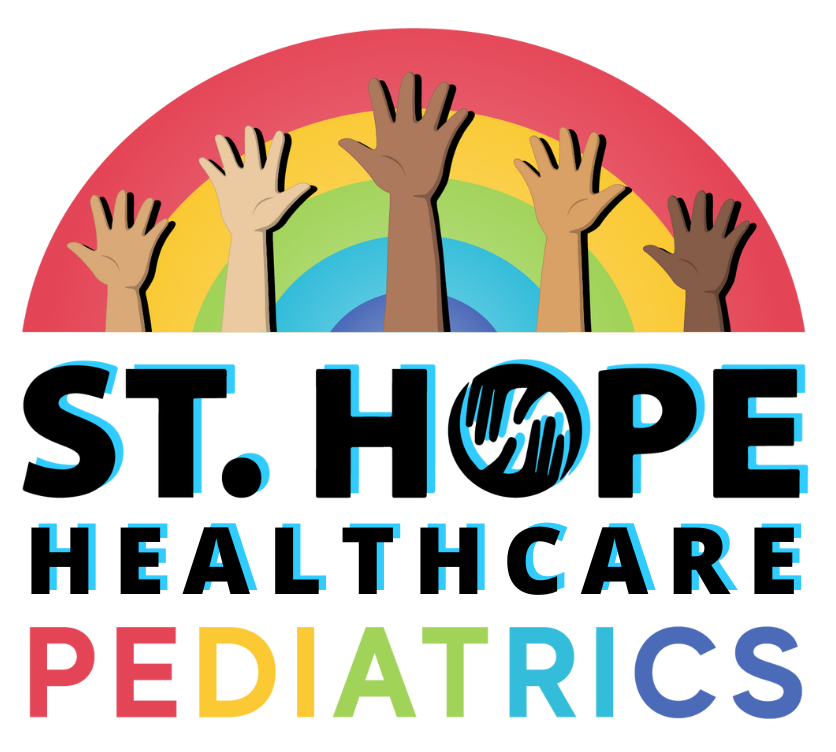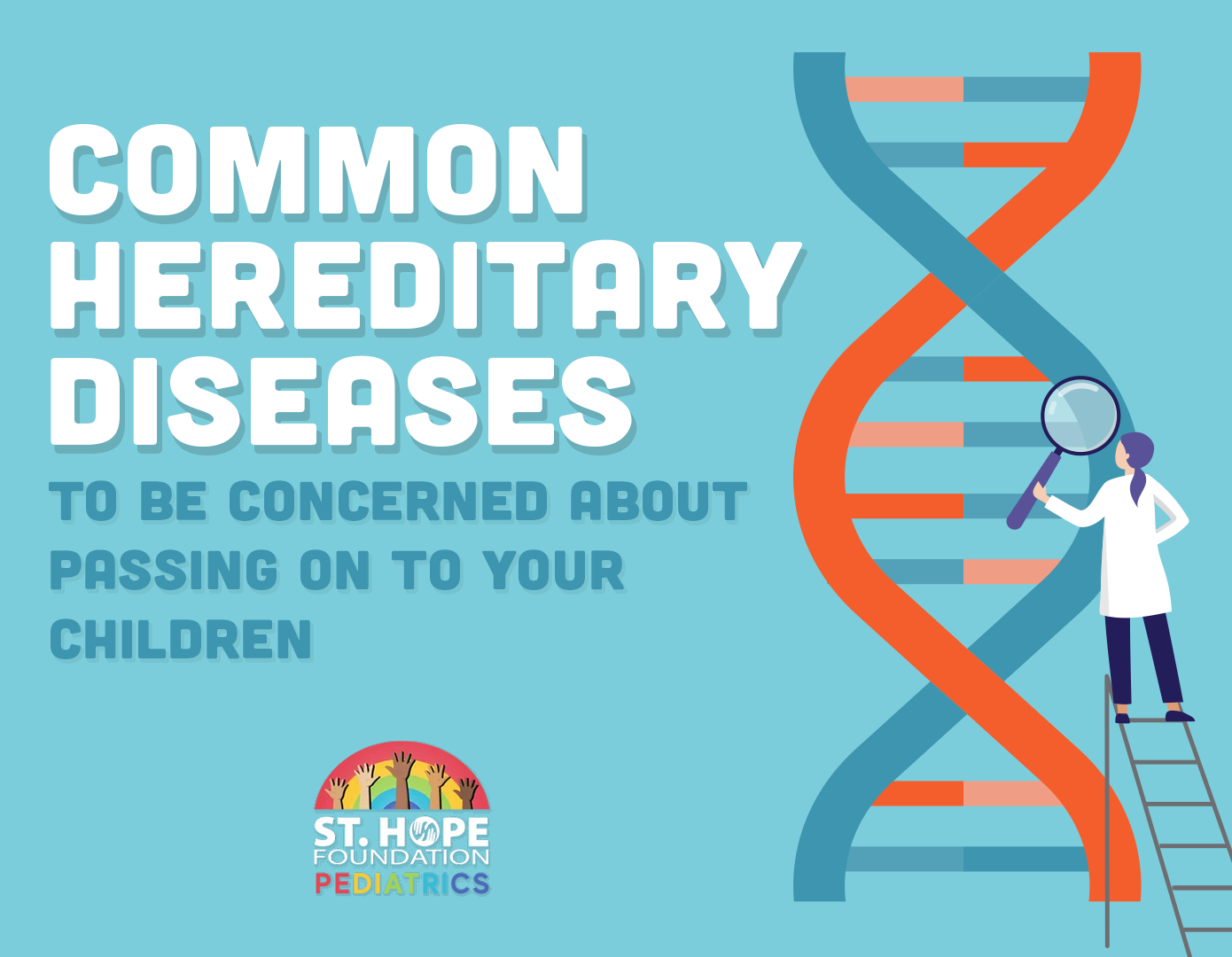
Hereditary diseases are illnesses that are passed down from parent to child. They are caused by genetic mutations, but not every genetic disease is hereditary.
Some genetic diseases are caused by mutations that happen as a result of environmental or lifestyle factors. These are not hereditary but have a similar root cause. Hereditary diseases can also develop because of a gene passed down that causes a predisposition to certain illnesses.
Common hereditary diseases to be concerned about passing on to your child are:
- Asthma
- Diabetes
- Single Gene Disorders
- Heart Disease
- Cancer
Keeping accurate documentation of your family history and personal medical history can potentially help you, your children or grandchildren identify hereditary diseases. Coupled with laboratory testing and physical examinations, hereditary diseases can be caught early and treated in many cases.
What Are Hereditary Diseases?
Hereditary diseases are diseases that are caused by mutations in specific genes. They can also affect chromosomes and are transferred from parent to child.
The risk that your child develops a disease that you have or carry a dormant gene trait for can vary greatly depending on the specific condition. For some illnesses, the likelihood of developing a hereditary disease may be higher than normal, such as with cancers or in cases where both parents have a gene or chromosome linked to the disease.
How Does Genetic Inheritance Work?
Genetic inheritance is the way that genes are passed down from parent to child. Each gene contains information that indicates which traits will be expressed within your offspring.
Some hereditary diseases, like sickle cell anemia, are present at birth. Others may not be expressed until later in a person's life. There are three main ways that genetic inheritance works.
- Autosomal Dominant Inheritance:
There is a 50 percent chance of inheriting a disease, and males and females have an equal likelihood of passing on the affected gene.
- Autosomal Recessive Inheritance: When the mutation is attached to recessive genes, the carriers generally do not have the disease. For this reason, both parents need to be carriers for it to present in one of their children. There is a 25 percent chance the child will carry the mutation.
- X-Linked Inheritance: The likelihood of mutations linked to the X chromosome expressed in a child can vary. However, there is at least a 50 percent chance of the mutation being expressed in a child, except in male-to-male transmission.
In some cases, a clear pattern may not be identified for inheritance. This is referred to as complex inheritance and may be affected by several factors including, but not limited to:
- The number of affected relatives in the bloodline
- Similarities in habits and environmental or lifestyle factors
- How closely related one is to other affected individuals
Common Hereditary Diseases
Asthma
Asthma is a breathing disorder that causes inflammation within the lungs and passageways that can make it difficult to breathe. Asthma attacks can be triggered by the environment and seasonal allergies.
Asthma or asthma symptoms may not be present at birth, but the gene that dictates whether or not your child will have it will be.
Diabetes
Diabetes is a chronic disease that causes high blood sugar and affects the way your body turns food into energy.
Type 1 and Type 2 diabetes are both inheritable, as the genes carrying the disease would predispose a child to developing the condition. However, genes are not enough to guarantee their expression. In most cases, something in your child’s environment or lifestyle needs to activate this hereditary disease. Risk factors play an important role in diabetic expression along with gene history.
Single Gene Disorders
Single-gene disorders are inherited via either recessive or dominant gene alleles. Different mutations can cause the same disease to be expressed with differences in severity and physical expression.
Common hereditary single-gene disorders include:
- Sickle cell disease
- Cystic fibrosis
- Tay-Sachs disease
Heart Disease
Heart disease is a catchall naming convention used to refer to a variety of potential conditions, such as decreased blood flow to the heart or issues with palpitations. Some types can develop as a result of a gene mutation that may be passed down the bloodline. Having a family member with heart disease can make a child more likely to develop the illness later in life.
Environmental factors such as diet, physical activity level and maintaining a healthy weight all contribute to the development of heart disease, even in those with hereditary predisposition.
Ensure Your Children Get the Pediatric Care They Deserve By Contacting St. Hope Foundation in Houston
Are you worried that your child may be predisposed to a certain condition or hereditary disease? At St. Hope Foundation, we can help. Our team provides attentive pediatric services, which can include disease screening to catch potential issues early on. If your child needs a special checkup or a routine visit, call us at (713) 778-1300 to schedule an appointment.

